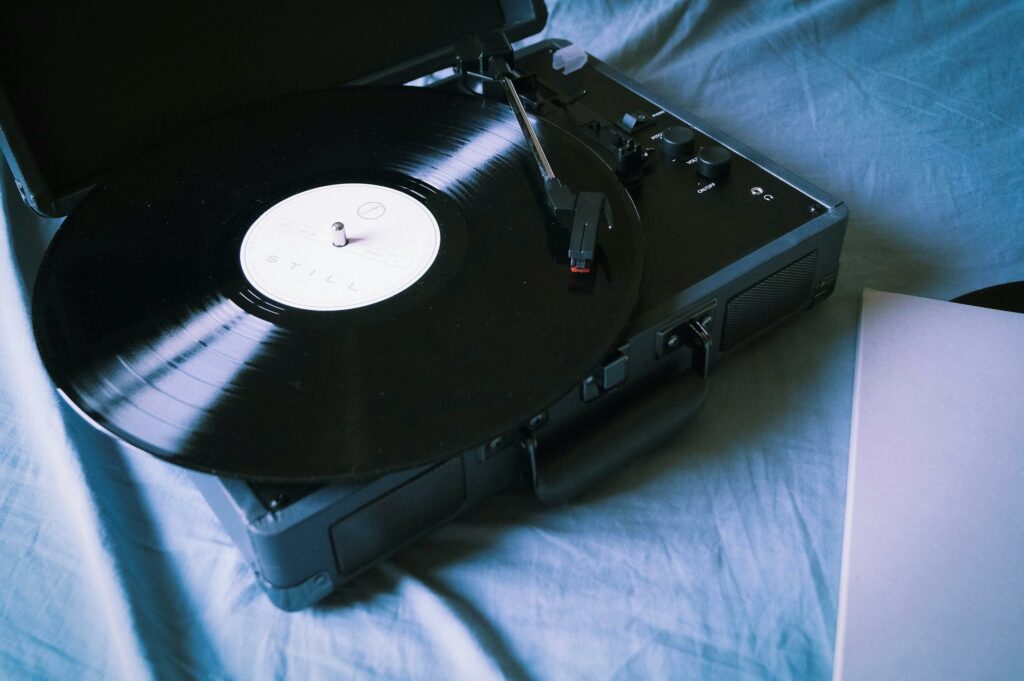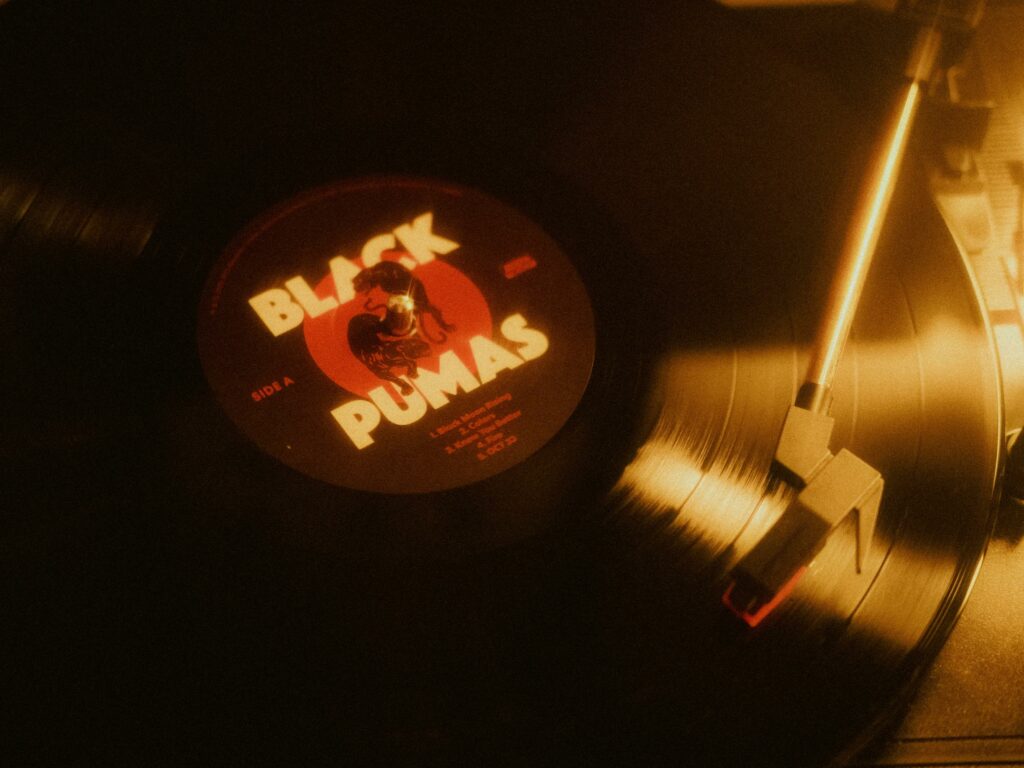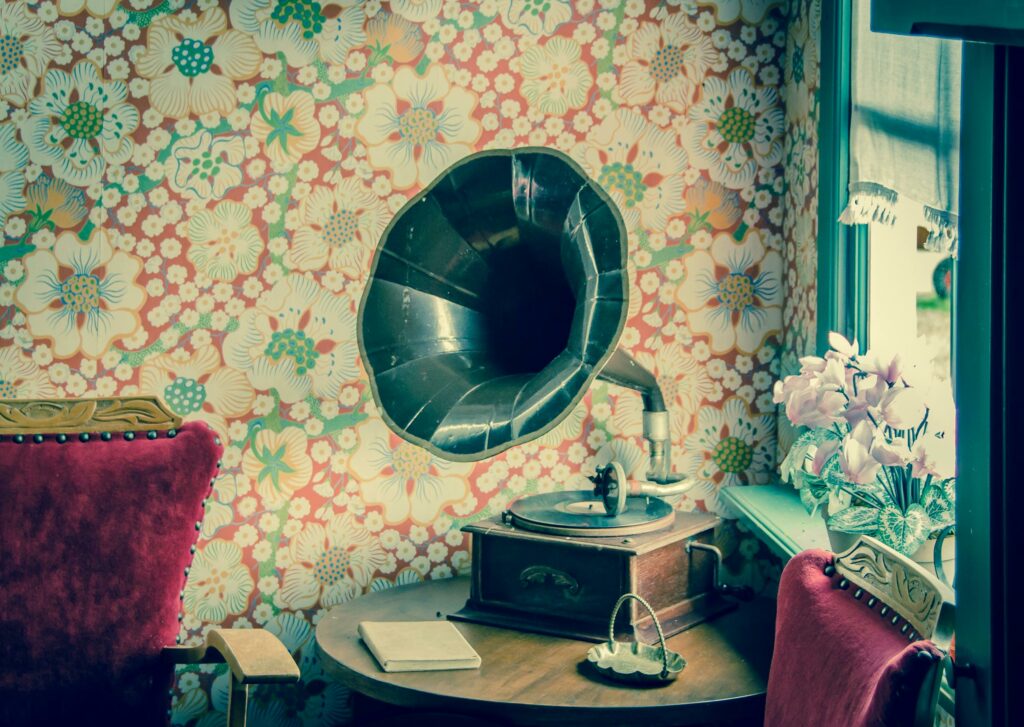Imagine owning a piece of music history that not only resonates with the beauty of classical compositions but also serves as a coveted item in the world of collectors. Whether you’re a seasoned collector or a newcomer to the realm of classical records, this curated list of the top 300 most collectible pieces is sure to pique your interest and inspire a deeper appreciation for the artistry and craftsmanship that define classical music recordings.

Top 300 Most Collectible Classical Records
What Makes a Classical Record Collectible?
When it comes to classical records, several factors contribute to their collectibility. The rarity of a pressing, the condition of the record, the reputation of the performer, and the historical significance of the recording all play crucial roles in determining the value of a classical record.
For collectors, finding a first pressing of a legendary performance by a renowned artist can be the holy grail of classical records. These initial pressings often showcase the purest form of the music, capturing the essence of the performance as intended by the artist and the composer.
Furthermore, limited edition releases, unique cover art, and records signed by the performers can significantly increase the collectible value of a classical record. Collectors are drawn to the stories behind these records, the anecdotes of their production, and the historical context that makes each piece a treasure trove of musical heritage.
Trends in Classical Record Collecting
In the world of classical record collecting, trends evolve and shift as new generations of collectors enter the scene. One notable trend is the resurgence of interest in vinyl records, with audiophiles and music enthusiasts appreciating the warm analogue sound that vinyl brings to classical recordings.
Another trend is the increasing demand for rare and out-of-print recordings, with collectors scouring auctions, online marketplaces, and specialized record stores to add unique pieces to their collections. As the digital age transforms the way music is consumed, the tangibility and authenticity of physical records continue to hold their appeal for classical music aficionados.
Moreover, the rise of social media and online communities has facilitated the sharing of knowledge, reviews, and recommendations among collectors, creating a vibrant ecosystem where enthusiasts can connect and exchange insights on valuable recordings. It’s just like the disposable vape shop online, which gathered all the fans of vapes in one community.
In this dynamic landscape of classical record collecting, staying informed about emerging trends and understanding the factors that drive the value of classical records can enhance your appreciation for these timeless musical treasures.

Key Factors That Determine The Worth Of Classical Records
Rarity and Availability
When it comes to the value of classical records, rarity and availability play a crucial role. Rare editions that are hard to find tend to hold higher worth in the eyes of collectors. For instance, limited pressings of iconic performances or recordings from renowned orchestras can fetch significant prices due to their scarcity. The more elusive a classical record is, the more desirable it becomes among aficionados. So, if you come across a first pressing of a historically significant performance, you might have a gem in your hands that can be highly sought after in the collector’s market.
You now have a deeper understanding of the allure and value of classical records. The top 300 most collectible pieces offer a glimpse into classical music’s rich history, emphasizing rarity, condition, performer reputation, and historical importance. Factors like first pressings, limited editions, unique cover art, and signed records contribute to a record’s value. Rarity, availability, and historical significance play crucial roles in determining a classical record’s worth. Rare editions and recordings tied to pivotal moments in music history or legendary performers command higher prices due to their scarcity and cultural significance. Appreciating these aspects not only enriches your love for classical music but also unveils the cultural heritage preserved in classical recordings.

